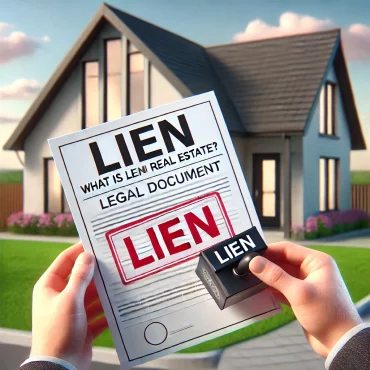
While often overlooked, real estate depreciation is a fundamental concept for investors. Let’s delve deeper into its nuances and tax implications.
Understanding Real Estate Depreciation
Real estate depreciation refers to the gradual decrease in a property’s value over time due to wear and tear, aging, and other factors.
IRS Guidelines on Depreciation
The Internal Revenue Service (IRS) permits investors to offset rental income through depreciation deductions over the property’s useful life.
Methods of Depreciation
Two primary methods of depreciation include straight-line and accelerated depreciation. Straight-line depreciation allocates the property’s cost evenly over its useful life, while accelerated depreciation front-loads deductions in the earlier years.
Calculating Depreciation
Depreciation calculations require determining the property’s cost basis, useful life, and applicable depreciation method. This involves subtracting the property’s land value from its total purchase price and dividing the remaining value by the IRS-designated useful life.
Tax Implications and Benefits
Depreciation deductions reduce taxable income, thereby lowering the investor’s overall tax liability. These deductions can be particularly advantageous for real estate investors seeking to minimize their tax burden.
Factors Affecting Depreciation
Several factors influence depreciation, including property type, location, and investment purpose. Understanding these factors is crucial for optimizing depreciation benefits.
Commencing Depreciation
Depreciation begins when the property is placed in service or made available for rent. Investors must accurately document this date to ensure proper depreciation calculations.
Depreciation Recapture
Depreciation recapture occurs when a property is sold at a gain. The IRS requires investors to recapture previously claimed depreciation deductions at a specified tax rate.
Strategies for Maximizing Depreciation
Investors can employ various strategies to maximize depreciation benefits, such as conducting cost segregation studies, making property improvements, and utilizing like-kind exchanges (1031 exchanges).
Final Considerations and Recommendations
Real estate depreciation is a complex yet valuable tool for investors. Proper understanding and strategic planning can help investors optimize depreciation benefits and minimize tax liabilities.
In conclusion, real estate depreciation is a critical aspect of real estate investing. By understanding the intricacies of depreciation calculations, tax implications, and optimization strategies, investors can leverage this concept to enhance their financial returns and long-term investment success.
Embark on your journey to real estate success today by exploring our upcoming events and immersing yourself in a community dedicated to education, growth, and prosperity.
Written by: ericcounts
Previous post

- 52
labelReal Estate todayMarch 1, 2024
Navigating Mortgage Default: Understanding the Complexities
Borrowing a mortgage is a cornerstone of homeownership, but it comes with significant responsibilities. Despite lenders’ meticulous evaluations, defaults remain a persistent concern for many borrowers. What Is a Mortgage [...]
Similar posts

- 1
labelReal Estate todayMarch 7, 2025
Did You Get a Tax Refund?

- 32
labelReal Estate todayAugust 8, 2024
What Is a Lien in Real Estate?
Copyright 2021 REIE.INFO






Post comments (0)